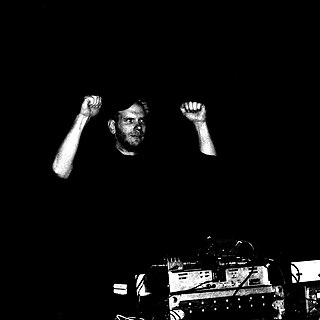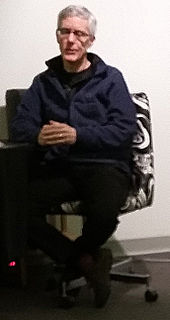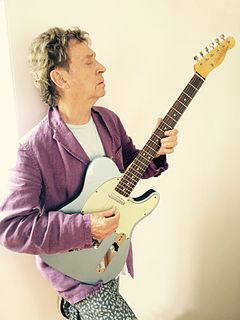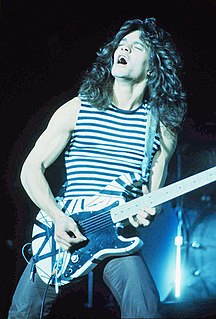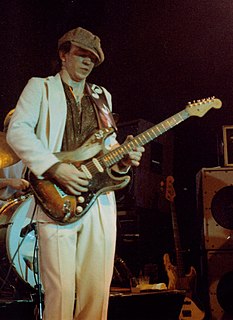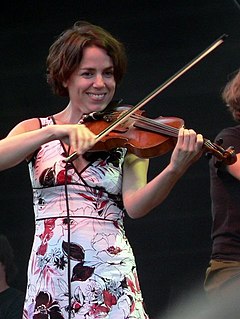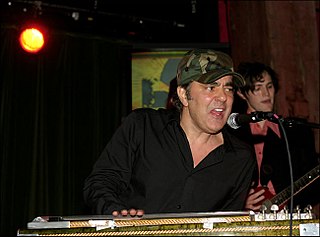A Quote by Kevin Drumm
For me, the tabletop is an easy way to eliminate the possibilities of chords, modes, melodies, and harmonies. It kind of confines you to this other sound sphere. I know anyone facing this kind of dilemma could always just find another instrument more suitable to their needs, such as a sampler or synthesizer, but I figured I have a guitar and amp so why not just use them?
Related Quotes
The use of electronics is a natural extension of the instrument - it is an electric guitar. So we guitarists have been plugging into something since 1931, and we are not about to stop now. Current advances in technology means we can have a huge array of sounds at our fingertips, and this offers amazing possibilities to the contemporary composer. It is always a guitar (I don't play synthesizer) but it becomes something else all together - more like sculpting sound in real time using metal wires, 5 fingers and a pick.
I really wanted to get that dynamic on the record onto people and let them know it wasn't just a simple strumming along the guitar type of thing without ramming it down their throats so I kind of went the opposite way and sang some of the songs more quietly which allowed for the louder parts to sound as though there were more. It was the only way singing those songs made sense to me.
Yeah. I started using them [SDD-3000s] shortly after first working with Edge on The Unforgettable Fire. Basically, I stole his sound. It wasn't a complicated rig: just a guitar he liked through a Korg SDD-3000 digital delay into a Vox. Three components, mono - that's it. The great thing about the Korgs is its three-position level switch, which lets you hit the amp with about 10 extra dB. It's more overdriven than if you just plugged the guitar straight into the amp, even when it's on bypass. But a lot of the guitar sounds on Achtung Baby were recorded through a Korg A3 effects processor.
I'd always thought of myself as an open-minded person. I had no patience with anyone who put down other kids because of their race, religion, or sexuality. But that's just one kind of open-mindedness. There's another kind, too, the kind that's willing to see people for who they really are and admit when you were wrong about them. That's the part I still need to work on.
Some stories, she’d say, the more you tell them, the faster you use them up. Those kind, the drama burns off, and every version, they sound more silly and flat. The other kind of story, it uses you up. The more you tell it, the stronger it gets. Those kind of stories only remind you how stupid you were. Are. Will always be.
